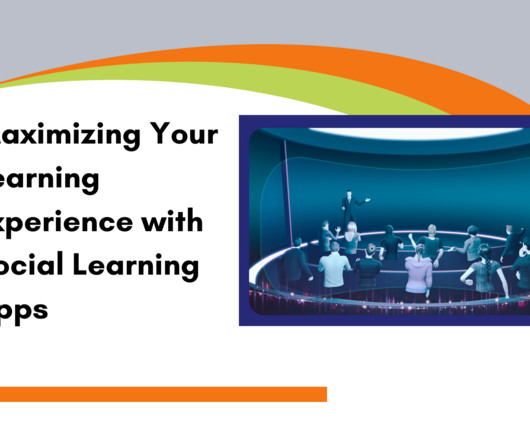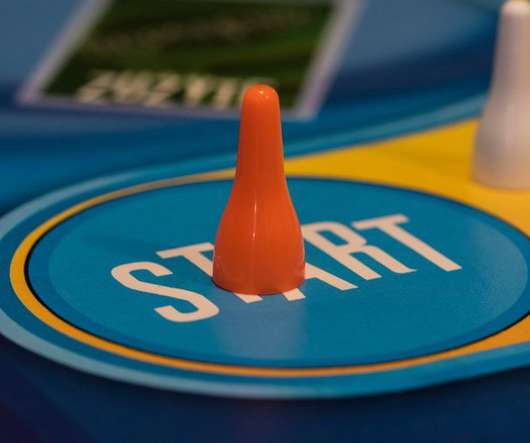Informal Learning
CourseArc
MAY 26, 2016
While formal training plays a tremendous role in improving learners’ competencies, most real learning occurs on the job through informal knowledge sharing, coaching, and direct observations. Thus, informal learning is now becoming an indispensable part of a blended learning solution.











































Let's personalize your content